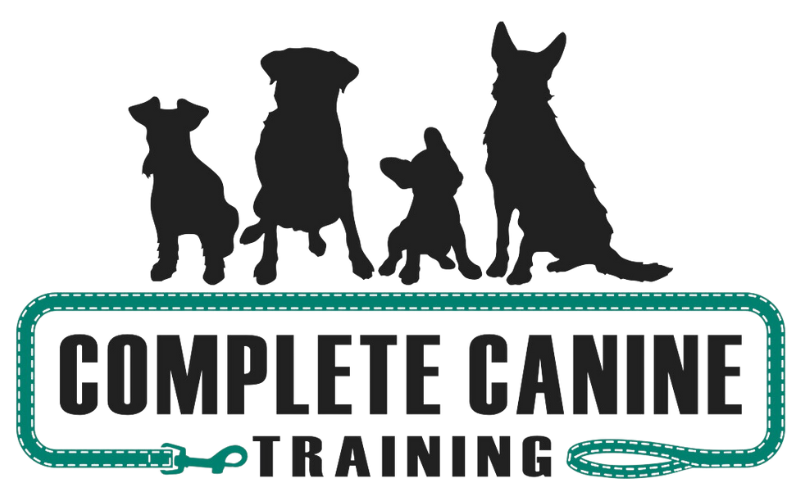Dog bites can be a serious and traumatic experience for both victims and their families. While dogs are often considered beloved members of the family, it's essential to understand that any dog, regardless of breed or size, has the potential to bite. Fortunately, there are steps you can take to prevent dog bites and keep your loved ones safe. In honor of Dog Bite Prevention Week, here are our top 10 tips for dog bite prevention:
Educate Yourself and Your Family: Learn about dog behavior, body language, and communication signals. Teach your children how to interact safely with dogs and recognize signs of fear, stress, or aggression.
Choose the Right Dog: When adding a new dog to your family, research different breeds and individual personalities to find a dog that matches your lifestyle and temperament. Consider adopting from reputable shelters or purchasing only from ethical breeders that prioritize their breed standard and temperament.
Socialize Your Dog: Proper socialization is crucial for dogs to learn appropriate behavior around people and other animals. Expose your dog to a variety of environments, sounds, and experiences from a young age to help them feel comfortable and confident.
Train Your Dog: Basic obedience training is essential for all dogs to learn commands such as sit, stay, come, and leave it. Training is helpful in building a strong bond with your dog along with growing their own confidence in their environment.
Supervise Interactions: Always supervise interactions between children and dogs, especially young children who may not understand how to interact safely with animals. Teach children to always ask permission before petting a dog and to approach slowly and calmly.
Respect Boundaries: Recognize when a dog needs space and respect their boundaries. Avoid approaching unfamiliar dogs without permission from the owner, and never disturb a dog that is eating, sleeping, or in their crate.
Avoid Aggressive Play: Rough or aggressive play can escalate quickly and lead to bites or injuries. Discourage behaviors such as chasing, wrestling, or teasing that may trigger a dog's prey drive or defensive instincts.
Use Caution Around Unknown Dogs: Approach any dog you do not know with caution and avoid making sudden movements or loud noises that may startle them. If you encounter a loose dog, remain calm and still, and slowly back away without making direct eye contact.
Recognize Warning Signs: Learn to recognize signs of fear, anxiety, or aggression in dogs, such as growling, barking, raised hackles, and tense body posture. If a dog displays these signs, give them space and avoid provoking or startling them.
Be a Responsible Dog Owner: Ensure your dog receives regular veterinary care, including vaccinations and parasite prevention. Keep your dog on a leash or in a secure enclosure, and properly restrain them during car rides.
By following these tips and practicing responsible dog ownership, you can help prevent dog bites and create a safe and harmonious environment for both your family and your furry companions. Remember, a little knowledge and proactive prevention can go a long way in keeping everyone happy and healthy.
If you dog is displaying signs of aggression, do not hesitate to enlist the help of a qualified professional.


